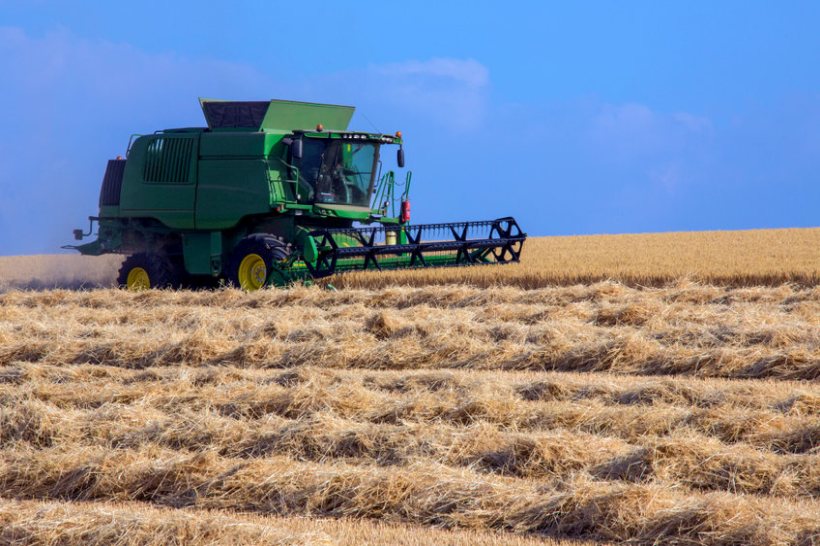
Expanding global land area for conservation could have an adverse impact on human health and food security, UK researchers have warned.
When agriculture is displaced, food prices could increase which in turn could affect food security and increase diseases associated with malnourishment.
The University of Aberdeen's study modelled the potential effects of ‘extreme’ conservation that excluded human activities and strictly protected 30% and 50% of the land for biodiversity.
Published in Nature Sustainability, the study says those living in developing regions are likely to be worst affected by reduced food security related to stringent area-based protection.
However, developed world regions would be largely insulated from the negative effects, according to the researchers.
Lead researcher Dr Roslyn Henry, from the University of Aberdeen, said restricting agriculture in favour of conservation could cause adverse consequences.
“Area based conservation approaches... will need to be implemented with care to ensure they do not compromise food security and human health goals, particularly in vulnerable world regions.
“If this expansion restricts agriculture then the consequences may be felt in food production sectors with reduced food provisioning potentially compromising food security goals and human health, particularly in vulnerable regions.
“While our modelling study explores the extreme end of conservation measure our analysis provides insight into potential trade-offs between strict conservation measures and global human health.
"Quantifying such trade-offs and impacts can aid conservation planning and negotiations.”
Principal investigator Dr Peter Alexander said the study was important for improving understanding of how unintended consequences could potentially arise through competition for land.
"The global land use and food system is highly complex and globally connected, as well as currently increasingly under pressure to provide, for example, food and other materials, suitable habitats for biodiversity, and mitigation and adaption to climate change.
"Even well intended actions that focus on one outcome may create substantial problems in other aspects or locations.”
The research was part of ‘The Resilience of the UK Food System in a Global Context’ programme that was launched in 2016 and concluded in December 2021.
